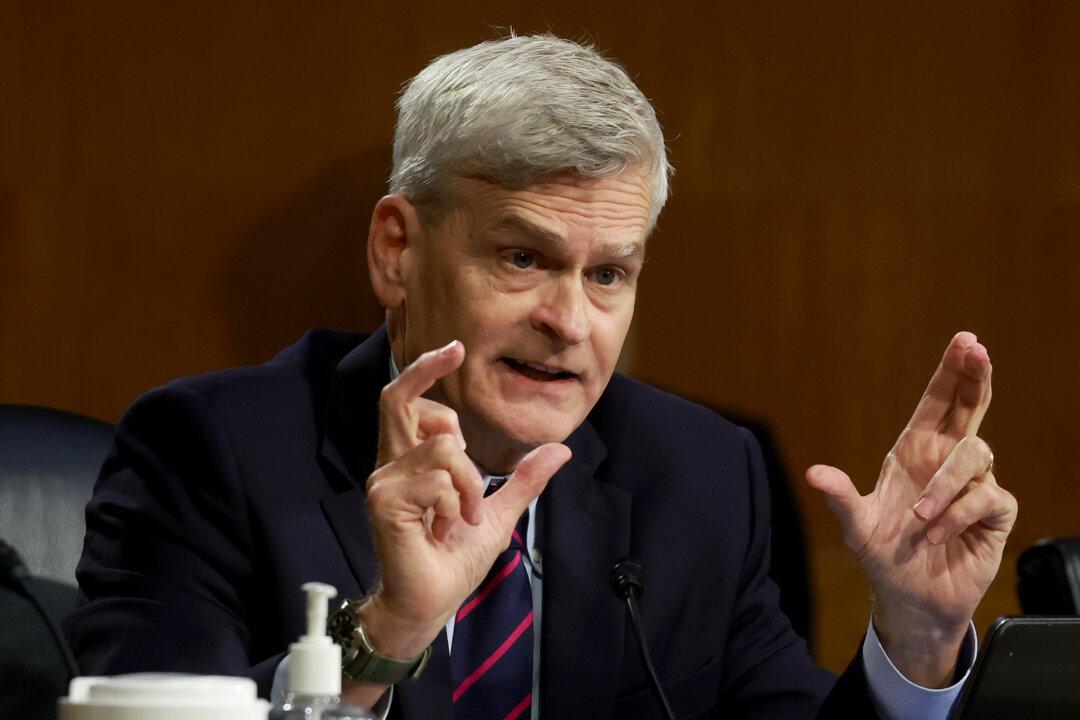Senate Republicans encouraged lawmakers to “think” before they act when considering what involvement the federal government should have in U.S. child care.
The Senate Health, Education, Labor, and Pensions (HELP) Committee convened on May 31 to discuss the child care crisis that some Americans are experiencing as well as potential solutions to meet the needs of working families and child care workers.





